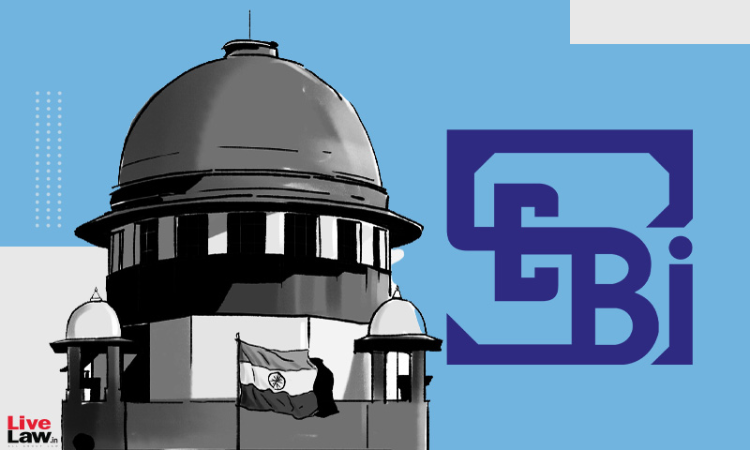Insider Trading Can't Be Presumed Due To Proximity Between Parties; Onus To Prove Is On SEBI : Supreme Court
Sohini Chowdhury
21 April 2022 9:19 PM IST

Next Story
21 April 2022 9:19 PM IST
The Supreme Court has held that insider trading cannot be presumed merely on the basis of proximity between the parties. The Court held 'communication' of Unpublished Price Sensitive Information under Regulation 3(1) of the SEBI (Prohibition of Insider Trading), 2015 ought to be proved by producing cogent materials, like, letters, emails, witnesses etc. and not be deemed owing to the...
